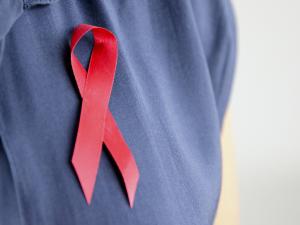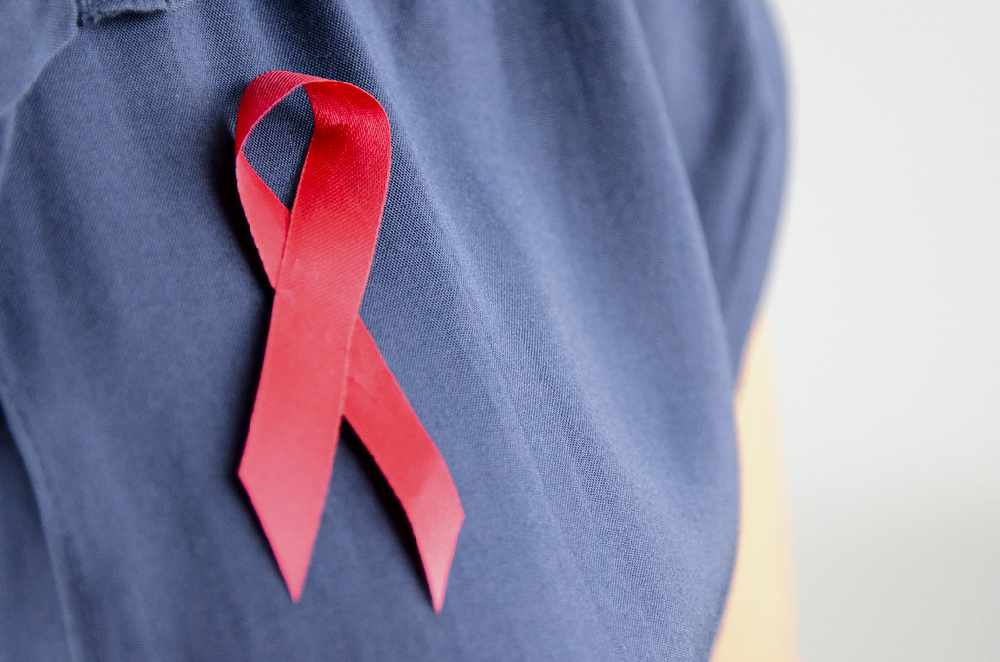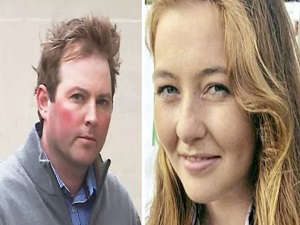
By Q Radio News
Scores of new cases of HIV have been diagnosed in Northern Ireland within the past year, it has been revealed.
The latest figures published by the Public Health Agency (PHA) show that there are currently 1,130 people living with HIV in Northern Ireland which marks a 4% compared with 2017.
The number of new cases over the past year stands at 84.
The majority of people contracted the disease as a result of having unprotected sex, through birth or by sharing needles and syringes.
Dr Claire Neill from the PHA has urged people to get tested ahead of World Aids Day on Sunday December 1.
The ‘HIV surveillance in Northern Ireland 2019’ report provides analysis of the HIV data for Northern Ireland in 2018 and trends over the years.
It shows a 4% percent increase in the number of people living with HIV in Northern since 2017 (1,085).
Around 98% percent of those receiving care, and where route of transmission was known, acquired their infection through sexual contact.
“Many people who are living with HIV have no obvious signs or symptoms," Dr Neill said.
"The only way of knowing if you have the virus is by taking a HIV test. It is important not to delay seeking advice and taking this test if you feel you have been at risk.”

HIV/AIDS is a viral infection caused by type 1 and type 2 HIV retroviruses. It can be transmitted through sexual contact, sharing of HIV-contaminated needles and syringes, and transmission from mother to child before, during, or shortly after birth.
The report shows that 51% of the 84 new cases occurred in men who have sex with men.
However 37% occurred after heterosexual transmission
Over 40% of new HIV diagnoses were made at a late stage.
Dr Neill has warned that while there has been a small reduction in late diagnoses of HIV, a significant number of people are still being diagnosed at a late stage, which means that the virus may have already had a significant impact on their health.
"It is estimated that the majority of onward transmission is from those with undiagnosed HIV," she added.
"So, it is really important for people to get tested early if they think they have put themselves at risk.
“People with HIV have a near-normal life expectancy if diagnosed early and treated promptly. Once diagnosed, individuals are less likely to pass on their infection due to treatment and changing their behaviour.
“It is also important to stress the importance of taking steps to reduce your likelihood of contracting the virus.
"If you have unprotected sex, you could effectively be sleeping with everyone your partner’s ever slept with, putting yourself at risk of getting HIV and other sexually transmitted infections (STIs).
"If you are sexually active, use condoms, limit your number of sexual partners and get tested quickly if you think you might be at risk.”


 Swann refuses to rule out resigning if budget is not changed
Swann refuses to rule out resigning if budget is not changed
 Fresh inquests ordered into deaths of 15 killed in McGurk’s bomb blast
Fresh inquests ordered into deaths of 15 killed in McGurk’s bomb blast
 Trial ends after man accused of murder of young showjumper is found dead
Trial ends after man accused of murder of young showjumper is found dead
 A brief hearing and chaotic scenes as Donaldson makes first court appearance
A brief hearing and chaotic scenes as Donaldson makes first court appearance